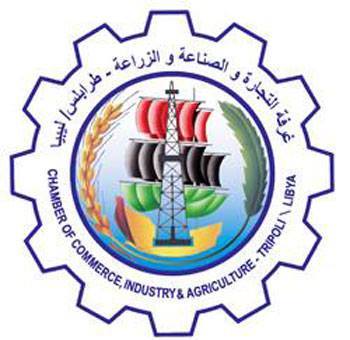The Ministry of Tourism and Handicrafts reported last Wednesday (8 October) that it had inaugurated a national dialogue at an event held in a leading Tripoli hotel the National Dialogue entitled:”Beaches and marine life between investment and environmental conservation. Towards a more sustainable eco-tourism”.
The Ministry said this comes within the framework of its efforts to promote the concepts of sustainable tourism and encourage responsible investment. The event was jointly organized by the Ministry of Tourism and Handicrafts and the Alinda Organization to support youth and women.
The opening of the event was attended by the Minister of Tourism and Handicrafts, Nasr Al-Din Al-Fezzani, and several ministers, namely: the Minister of Planning, the Minister of Higher Education and Scientific Research, the Minister of Labour and Rehabilitation, in addition to the undersecretaries of the Ministries of Tourism, Culture and Youth, representatives of academic and research bodies, faculties and departments of tourism, and several attendees interested in environmental and tourism affairs.
The dialogue began with a speech by Samira Badr El-Din Al-Massoudi, Chairperson of the Preparatory and Organizing Committee, who stressed that the dialogue aims to build an integrated national vision to achieve a balance between investment and tourism development on the one hand, and to preserve the marine and coastal environment on the other hand, in line with national sustainability goals.
In his opening speech, the Minister of Tourism and Handicrafts praised the initiative to organize this dialogue, stressing that achieving a balance between tourism investment and environmental conservation is a strategic priority for the Ministry. He said and sustainable tourism development cannot be achieved without considering the environmental and social dimension at all stages of planning and implementation.
The dialogue was divided into four main themes:
1. The tourist value of the Libyan coast.
2. The status of the marine environment – Challenges and risks.
3. Tourism investment and environmental impacts.
4. The role of the public and private sectors in protecting the marine environment and design standards for tourism projects.
The sessions also included visual presentations on the beauty and diversity of the Libyan coastline and examples of responsible tourism projects based on the principles of environmental conservation.
The dialogue concluded with an extensive discussion session on mechanisms for aligning investment with environmental conservation, which concluded with a number of recommendations that emphasized:
- Adopting environmental sustainability standards in the planning and implementation of tourism projects.
- Adoption of a national programme for monitoring the quality of marine water using pollution measurement stations.
- Protecting beaches from shacks and unregulated extraction of building materials.
- Issuing legislation on beach management and regulating marine diving activities.
- Activating the control of fishing and urban expansion in coastal areas.
- Involving local communities in tourism activities and environmental programmes.
- Strengthening cooperation with international organizations in the fields of environmental protection and marine diversity.
At the end of the dialogue, the participants stressed the importance of developing a national strategy for the management and development of the Libyan coasts in accordance with the principles of sustainability, in order to ensure the rational use of natural resources and enhance Libya’s position as a destination for ecotourism in the region.









